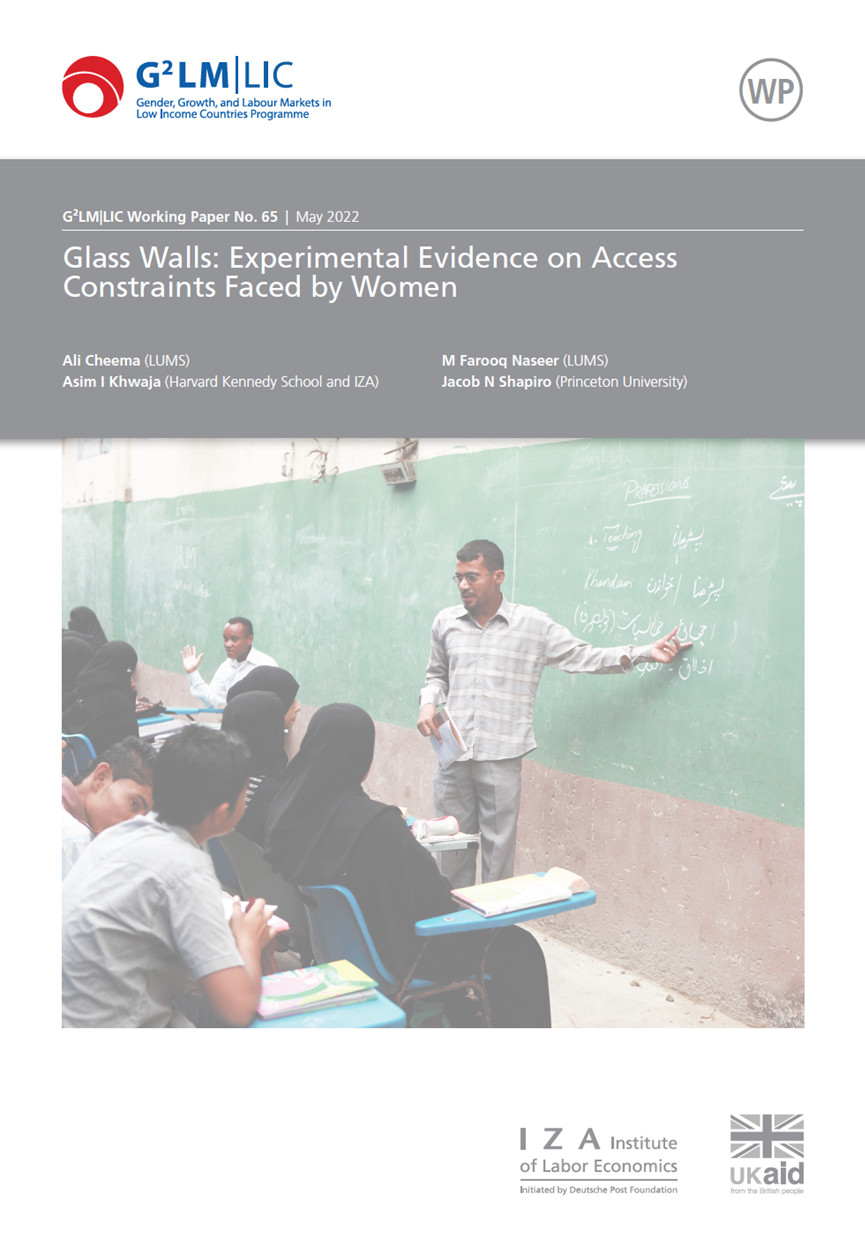Access barriers can substantially constrain individuals from obtaining benefits. Using experimental evidence from Pakistan, we show distance poses a major hurdle for women in accessing a valued and subsidized skills training program. Women who have to travel a few kilometers outside their village for training are four times less likely to complete it than those whose village received a training center. This penalty is not readily reconciled with measured financial or time costs of travel and over half of it is incurred upon crossing the village boundary. Exogenous stipend variation reveals this “boundary effect” is costly to offset, requiring a cash transfer equivalent to half of household expenditure. While informational and social interventions don’t ameliorate this barrier, reliable group transportation helps. The importance of secure transport and additional results suggest the boundary effect may be partly due to safety concerns. A notable share of the boundary effect is explained by having to traverse underpopulated spaces, a proxy for threats to safety in this context. Our work provides experimental confirmation that access constraints faced by women are significant, costly to address monetarily, but can be ameliorated through locally attuned interventions.
